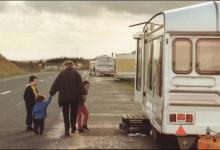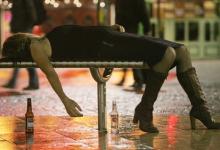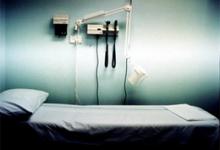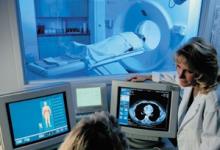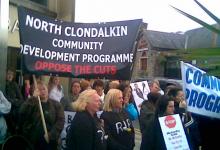Over 1,000 Traveller families living in inhumane conditions
New research carried out on a Travellers' site in Galway demonstrates the inextricable link between their deplorable living conditions and poor health status, writes Sara Burke.
Last week Minister Eamon O'Cuív launched the report on the health of residents living in the Carrowbrowne halting site, which is located in the Minister's own constituency, north east of Galway on the Headford Road. It reveals the appalling conditions experienced by the Travelling community and the benefits for involving Travellers at an early stage in the planning and development of any sites.

